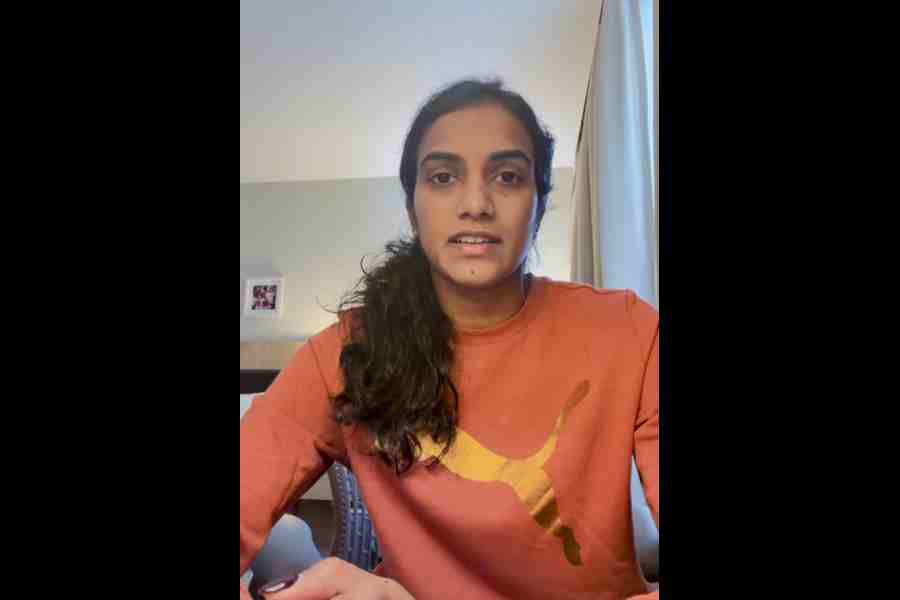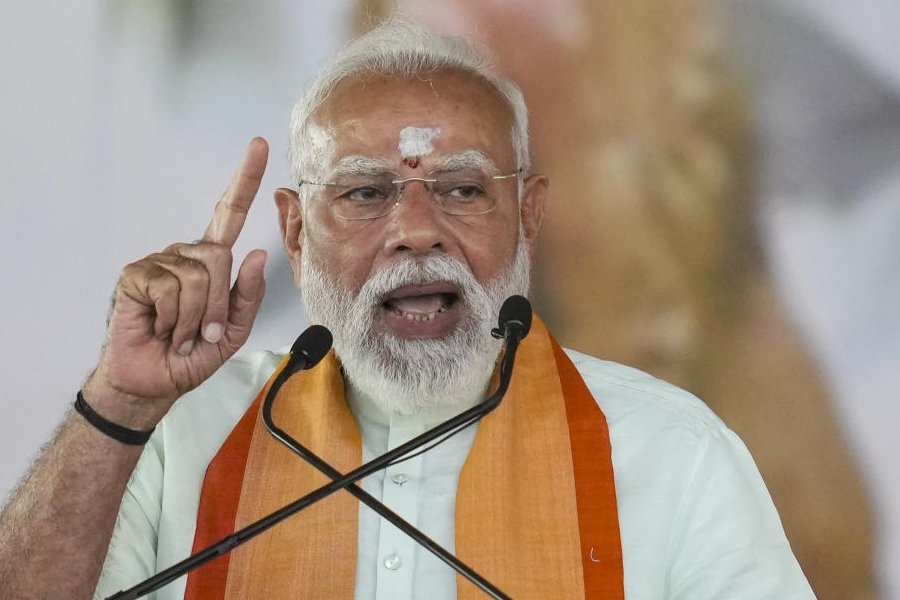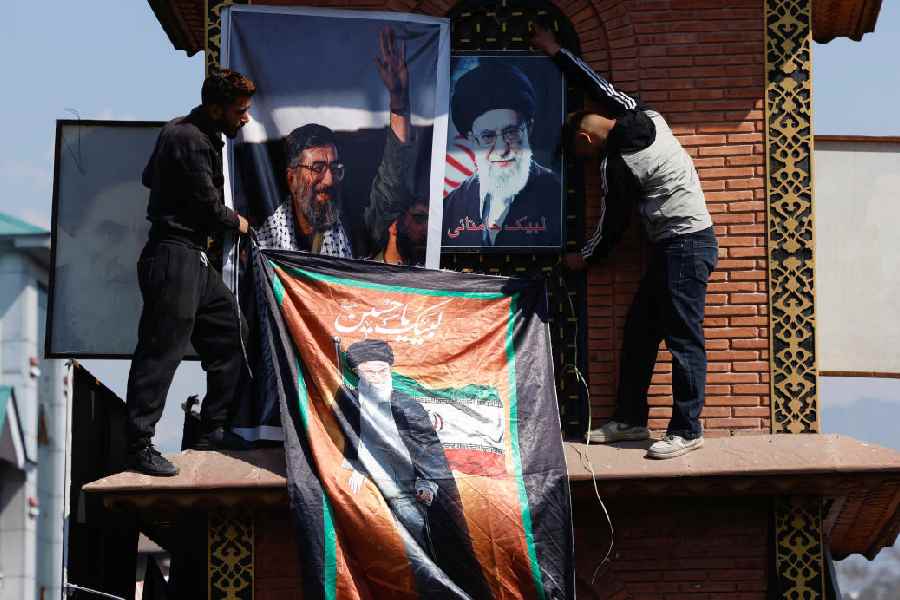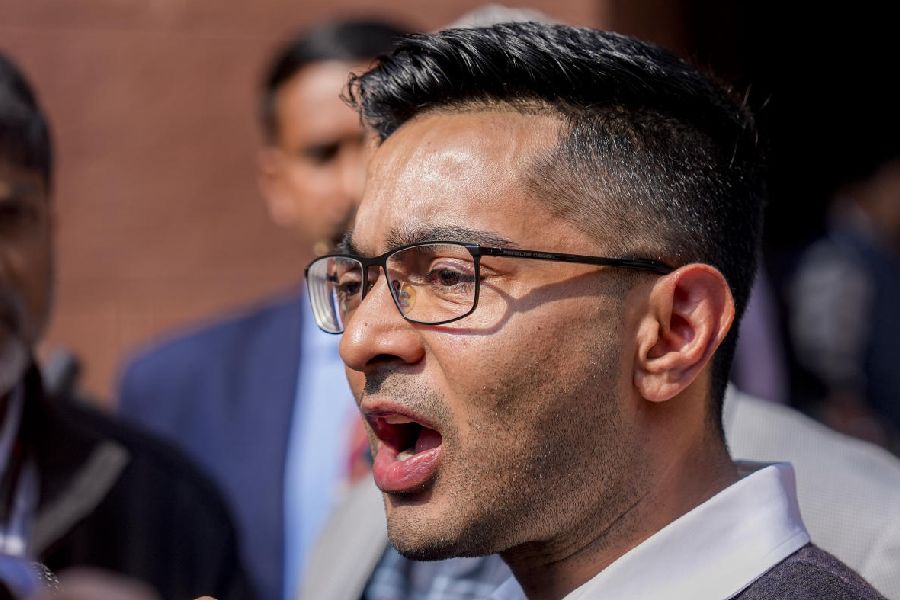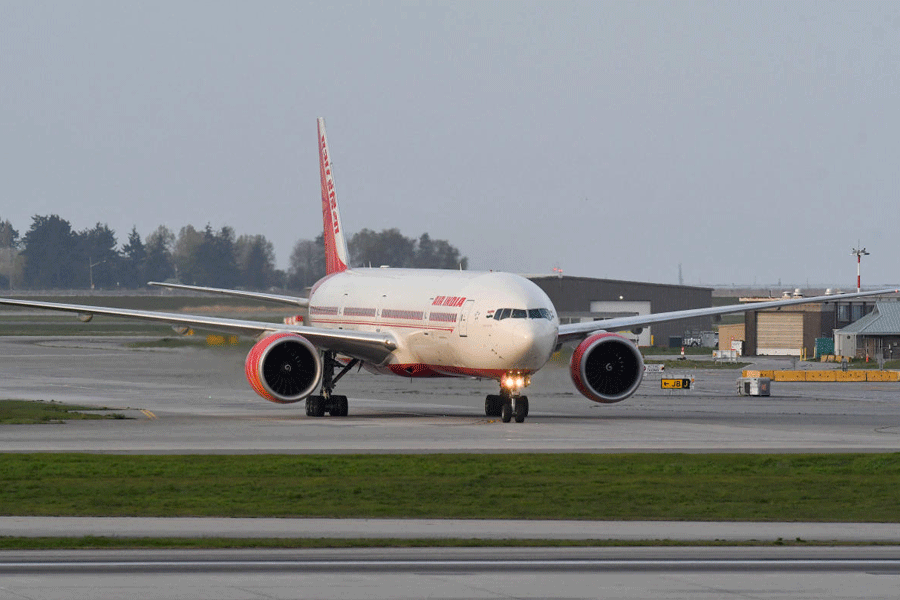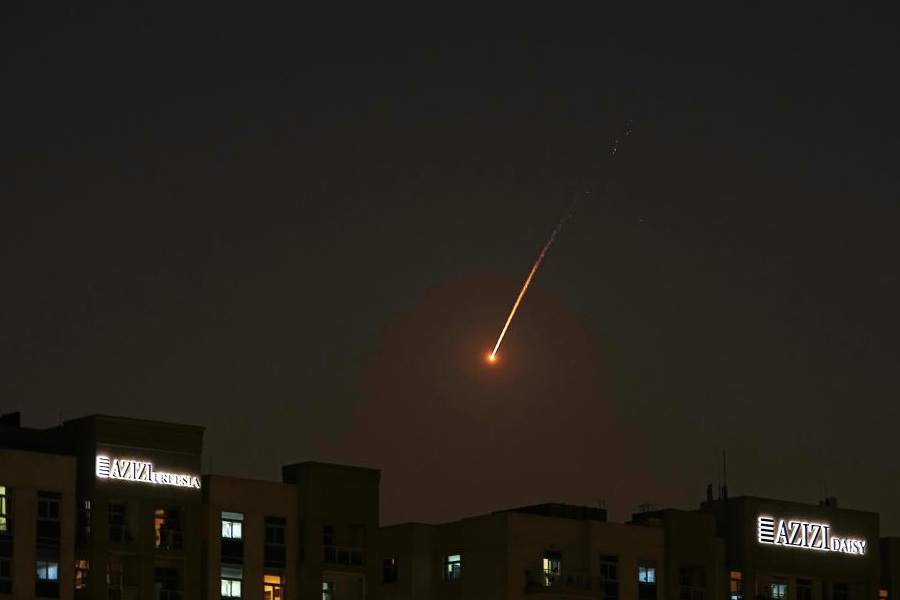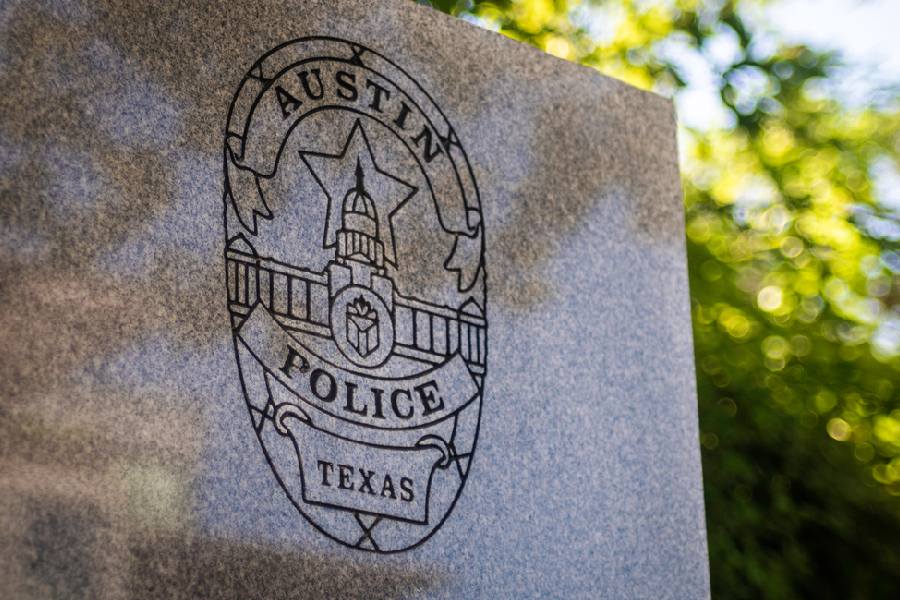Politicians of all hues descended on Assam as the state went into campaign mode and launched attacks and counter-attacks of failed promises and development but none raised the issue of trafficking, one of the worst ills plaguing the state.
Data sourced from various surveys unveils the gravity of the situation, especially in lower Assam.
A study by Unicef, the results of which were published last year, identifies Assam as the country's second highest trafficking zone in the country. It mentions the BTAD districts of Kokrajhar, Baksa, Udalguri and Chirang as well as Sonitpur, Dhemaji, Lakhimpur and Kamrup as the most vulnerable districts for trafficking.
The United Nations Office on Drugs and Crime ranks Assam as one out of eight Indian states where child trafficking is rampant. According to the report, 5,023 girls and 2,765 boys went missing from Assam, mostly from the BTAD, between 2009 and 2014. Of them, 2,305 girls and 1,264 boys were traced. A total of 281 traffickers were arrested between July 2011 and April 2014.
A published report of the Assam State Commission for Protection of Child Rights says 4,754 children, who went missing in the state between 2012 and October 2014, have remained untraced.
According to data available with the CID, Assam police rescued 422 victims of human trafficking, mostly minors, and arrested 281 offenders between July 2011 and April 2014.
According to official records, of the 93 trafficking victims rescued in 2011, 36 were minors of whom 28 were girls. The number of victims went up to 188 in 2013, 94 of whom were below 18 years.
Anti-trafficking activists said over the years, Assam has become a source area for trafficking of children who are forced to work as domestic help in metros like Delhi, Mumbai and Bangalore. They are often exploited, abused and even pushed into the flesh trade or simply remain untraced.
The activists have been pitching for a parliamentary committee and a legislation to regulate placement agencies in Assam in a bid to fight human trafficking.
Digambar Narzary, chairperson of Nedan Foundation, a Kokrajhar-based NGO working in this area, said they had approached some regional parties to mention the issue in their manifestos but did not get any positive response.
He said many districts in Assam, especially Kokrajhar, Baksa, Chirang and Udalguri in the BTAD and neighbouring Sonitpur, had become a hotbed of trafficking. Since 2004, the NGO has rescued over 500 victims, mostly minors and young women, with the help of police, student unions and other organisations working in this field. Of them, 146 were minors and 352 adults. The NGO has also helped the police arrest 14 traffickers, Narzary added.
Nedan recently carried out a wall-poster campaign in Kokrajhar district against child trafficking and also launched Childline Kokrajhar, a free telephone service to help children in need of care and support. Any child under the age of 18 or a concerned citizen can call the toll-free number - 1098 - for help and advice. Childline was first initiated in Mumbai in 1996 as a pilot project and is now operational in 282 cities across 31 states/Union Territories of India.
Narzary said the new government should form a parliamentary committee to fight human trafficking, which he termed "modern slavery", and establish a separate department to deal with cases related to human trafficking. "Repatriated victims of human trafficking should have proper access to justice and rehabilitation through government-run shelter homes and livelihood support services," he said.
"Protecting trafficked children requires timely identification of victims, placing them in a safe environment, providing them with social services, healthcare, psychosocial support and reintegration with family and community, if it is proven to be in their best interest," he added.
The chairperson of Child Welfare Committee (CWC), Kokrajhar, Moloya Deka, also stressed on the need for a strong legislation to regulate placement agencies in Assam. "Dispur should take a cue from Chhattisgarh, which was the first state in the country to enact a legislation last year to rein in private placement agencies involved in trafficking of women and children to the metros, and bring such an act as soon as possible," he said.
"The absence of such an act in Assam makes it difficult to ascertain the exact number of placement agencies and their agents operating in the state," Narzary said.
Nobel laureate and child rights crusader Kailash Satyarthi, during his visit to Assam last year, had acknowledge the fact that the state had emerged as one of the biggest source areas and transit routes for child trafficking. He had expressed concern over the low conviction rate in human trafficking cases in Assam and had underscored the need to clamp down on dubious placement agencies, which source children from the state to employ them as domestic workers. These kids often end up being physically abused and sexually exploited.
Given the gravity of the situation, anti-trafficking activists hoped political parties would take up the issue and act on it seriously.


